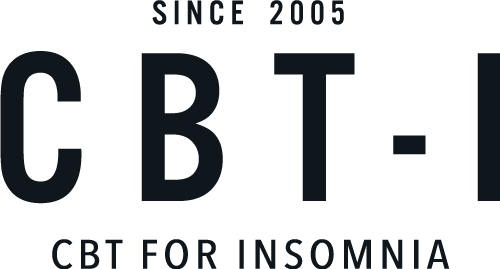Prescription Insomnia Medications Are Associated with Suicidal Thoughts and Behaviors
In a new study in the Journal of Clinical Sleep Medicine, researchers found that individuals with insomnia who were prescribed Z-drugs (Ambien, Lunesta, or Sonata), trazodone, or sedative-hypnotic benzodiazepines (Ativan, Xanax, or Klonopin) were more likely to report suicidal thoughts and behaviors than those who were not. Moreover, these associations were significant after accounting for sociodemographic factors and mental health confounders. The researchers did not examine specific sleep disorders, such as sleep apnea, nightmares, or other parasomnias, nor were participants evaluated in terms of psychiatric diagnosis.
The underlying mechanism of the relationship between insomnia and suicidal thoughts and behaviors seems to be related to disinhibition or increased impulsivity during the time of peak drug effect for sedative hypnotics and their effects on cognitive and executive functions. These drugs can also cause non-REM sleep parasomnias and sleep-related violence. The U.S. Food & Drug Administration recently added a black box warning to the prescription information and patient medication guides for Z-drugs because rare but serious injuries and death have occurred as a result of sleep behaviors, including sleepwalking and sleep driving.
